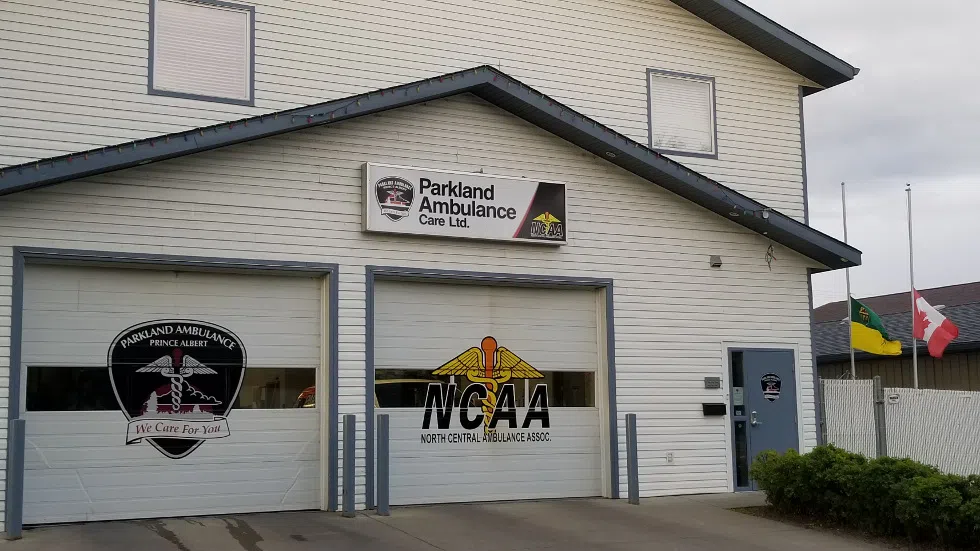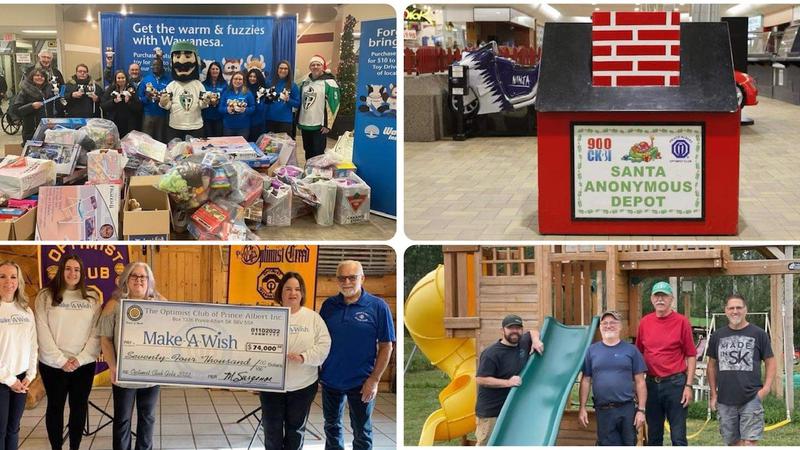
Local paramedics show support for colleague
Flags outside Parkland Ambulance in Prince Albert were at half-mast this week in a show of support following the recent suicide of a colleague from Regina.
A celebration of life was held earlier this week in Regina in memory of Paramedic Robbie Curtis. The 37-year-old man worked as a paramedic for 18 years and struggled with PTSD before taking his own life. It’s an issue that many paramedics and emergency services personnel can face, said Lyle Karasiuk with Parkland Ambulance.
Statistics from the Tema Conter Memorial Trust, which works to provide support for emergency services personnel, show paramedics have a high rate of suicide across the country. Karasiuk says being a paramedic can be traumatic and stressful.
“Let’s be blunt about it, as paramedics, each and every day we’re called to help people who are in their worst situation,” he told paNOW. “So those emotions and certainly injuries, play a large part in a paramedic’s life.”


